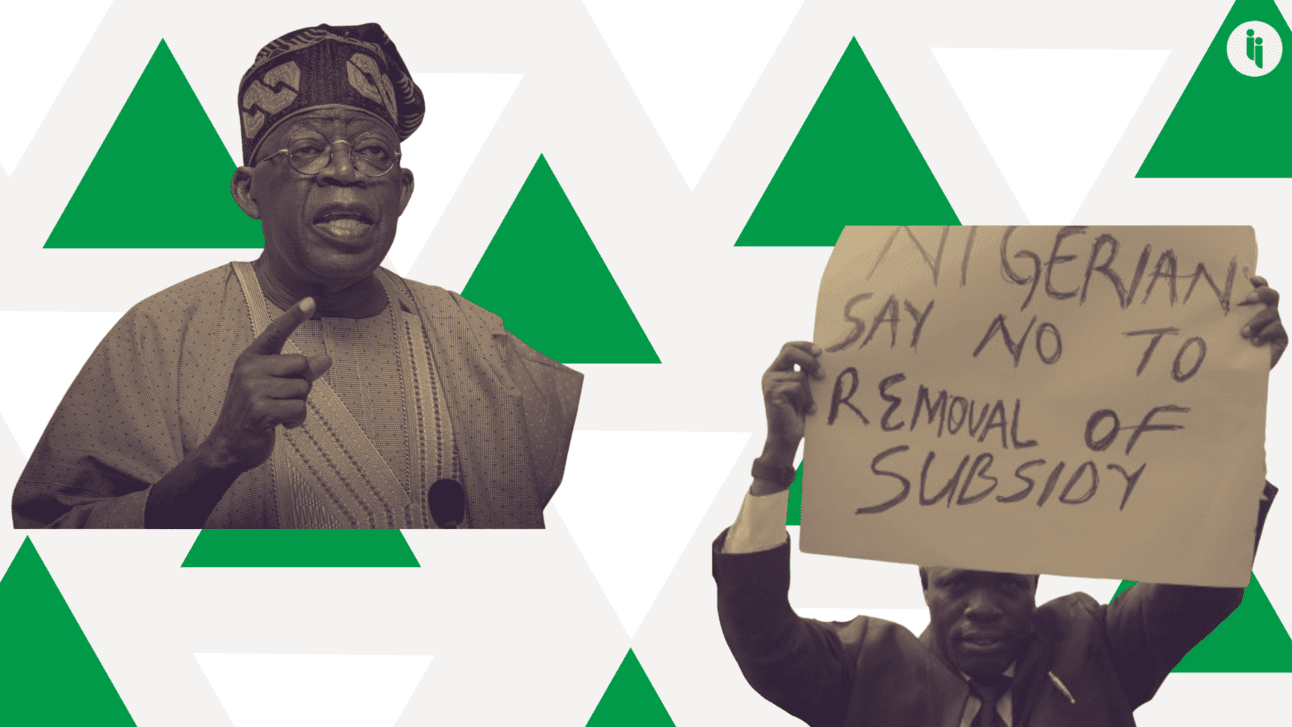Newly-inaugurated President Bola Tinubu acknowledged on Monday (12 June) his decision to eliminate Nigeria’s long-standing fuel subsidy from 1 July will “impose an extra burden on the masses of our people”.
The subsidy is popular among voters, and loathed by policymakers:
- millions of Nigerians have come to depend on it to make ends meet
- yet it costs ~$10B each year and has long encountered corruption
The last time a president tried to end the subsidy in 2012, he backtracked after a 120% price increase triggered weeks of deadly protests.
Stay on top of your world from inside your inbox.
Subscribe for free today and receive way much more insights.
Trusted by 114,000+ subscribers
No spam. No noise. Unsubscribe any time.
Intrigue’s take: Tinubu didn’t have a lot of options here: Nigeria was going deeper into debt to pay for the fuel subsidy each year. But he’s promising the long-term gains will outweigh the short-term pain for Nigerians, who are already living through 20%+ inflation:
- Tinubu says the savings will be re-invested in infrastructure, education and healthcare, and
- A new mega-refinery has potential to cut fuel costs in parallel
Also worth noting:








